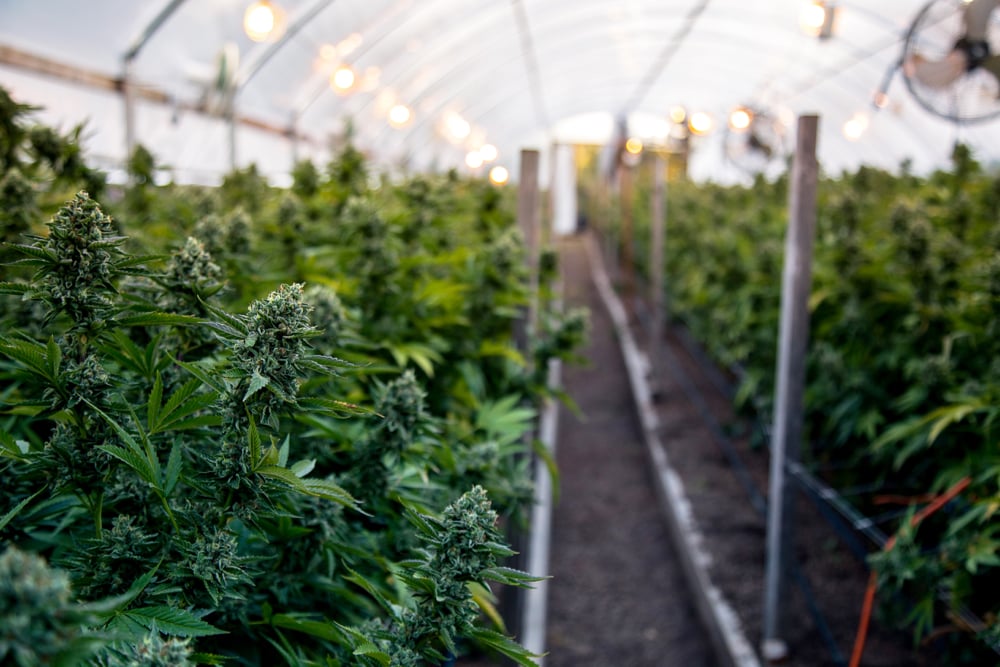US, Canadian pot firms eye Germany for growth as market stagnates at home

North American cannabis firms, facing prohibitive laws, an overcrowded market and a deeply entrenched illicit sector at home are ramping up investments in Germany after the country partly legalized marijuana use.
Germany, the largest medical cannabis market in Europe, decriminalized cannabis possession and small-scale home cultivation in April, making it easier for doctors to prescribe it.
But only a few local companies are licensed to grow pot, and U.S. and Canadian firms are looking to capture a slice of the market by providing capital and exporting products to Germany.
Read Also


US targets nitrous oxide in new phase of climate strategy
The Biden administration on Tuesday announced it would seek to curb U.S. emissions of powerful industrial greenhouse gases such as nitrous oxide as it enters a new phase in the national strategy to fight climate change under the Paris agreement.
Industry insiders said this is mostly driven by problems at home, with Canada plagued by an illicit market and oversupply. In the U.S., allure has dimmed amid regulatory hurdles, including a lack of timeline for federal legalization.
“Canadian market is very challenging for these producers and Germany is probably the largest opportunity for them,” said Frederico Gomes, analyst at brokerage ATB Capital Markets.
Last week, the large-scale Manitoba cannabis grower and retailer Delta 9 said it had filed for creditor protection as it was struggling to pay its bills.
Two German companies, including its largest cannabis producer Demecan and online seller Bloomwell Group, told Reuters they are in talks with US and Canadian companies for potential investments, and more deals may be announced in the coming days.
“We see a big movement in the global market. Everybody needs to be in Germany and wants to be in Germany now,” said Bloomwell CEO Niklas Kouparanis.
Canada’s OrganiGram had in June announced a 14 million euro ($15.21 million) investment—16.5 per cent of its overseas investments funds—in Berlin-based Sanity Group.
A demand spike following decriminalization would further encourage investors, with Cannabis research firm BDSA estimating Germany’s marijuana sales to hit $1.5 billion (C$2.1 billion) in 2024 and $3.7 billion (C$5.1 billion) by 2027.
Bloomwell said it added more patients in the three months following reclassification, compared to its first four years in business.
Another draw is that Germany does not impose high taxes on medical marijuana sales, keeping prices competitive to the illicit market in contrast to Canada, OrganiGram CEO Beena Goldenberg said.
Source: Farmtario.com

